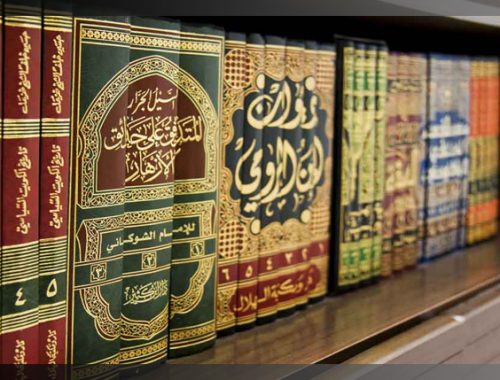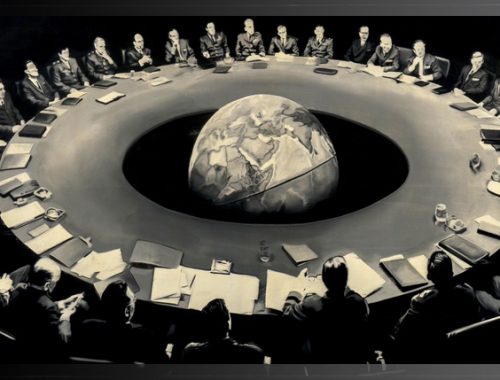
ATTITUDE OF THE FOUR CALIPHS TOWARD THE HADITHS
Those who have acknowledged the existence of books other than the Quran as sources for Islam in the belief that the Quran was not self-sufficient, and who have tried to understand Islam basing this on the hadiths, think that the happiest period of Islam was in fact the period during which the Prophet reigned and next to it the period of the Four Caliphs that followed it. However, their behavior has betrayed their speculative approach. It is a fact that the Four Caliphs banned the copying of all hadiths and did everything to thwart the attempts to copy. What is more, the time was the period after the death of the Prophet. Had they so wanted, they could have collected an infinite number of hadiths, and the result would have been much more reliable, given the fact that they would have obtained their information from the people who had seen and talked to the Prophet. What they did, however, was to outlaw the creation of sources next to the Quran. It may be worthwhile to quote here the remark of Darekutni, the celebrated hadith transmitter: “A sound hadith among those invented is like the only white hair on the skin of a black ox.” A time came when the number of invented hadiths exceeded the genuine ones. The most renowned book of hadiths came out in the period when the political, material and moral interests had prevailed. The authors were certainly oblivious to the Four Caliphs’ approach to the issue. Although the said Four Caliphs are an object of praise today, they ignored their attitude toward the hadiths:
Abu Bakr gathered the public after the death of the Prophet and addressed them thus: “You are transmitting conflicting hadiths that clash with the sayings of the Prophet. The persons to come after you will be in a worse predicament. Transmit no hadiths from God’s messenger. Speak to those who would like you to transmit hadiths in the following way: “Behold! God’s book is with us, abide by what has been made lawful for you therein and avoid what has been prohibited.”
Zahabi, Tezkiratul Huffaz, Bukhari
As we see, Abu Bakr, the first Caliph, was resolute about the prohibition of writing down hadiths. He made no distinction between the true and the fabricated hadiths. It is advisable to remind our readers that this approach by the Caliph is all the more meaningful if we consider that at the time there were still people living who had been a witness to the Prophet’s acts and sayings. The attitude of Omar was no different. He was even more rigid in his approach.
PAGE 2: OMAR’S CHASTISEMENT OF FABRICATORS
PAGE 3: PROMINENT COMPANIONS OF THE PROPHET WAGED WAR AGAINST TRANSMITTERS OF HADITHS
PAGE 4: ALI THE CALIPH HAD HADITH PAGES DESTROYED

SOME PROMINENT HADITH FABRICATORS
You May Also Like

RELIGIOUS ORDERS
10:09 pm
HADITHS JUDGED BY HADITHS
11:45 pm